
Punic Ports Carthage
Explore the remnants of Carthage's formidable circular naval harbor (Cothon) and rectangular merchant port, a testament to Punic maritime power.

Highlights
Must-see attractions

Social
From TikTok & Reddit
Best Time
Beat the heat and crowds

Punic Ports Carthage
Best Time
Beat the heat and crowds

Highlights
Must-see attractions
Explore the remnants of Carthage's formidable circular naval harbor (Cothon) and rectangular merchant port, a testament to Punic maritime power.
"Truly unique site and much, much more really, should be made of it. Should be the number one site in Tunisia. "

Bring a Model View
A model onsite helps visualize the ports' past glory. Essential for understanding the scale. :camerawithflash:
Wear Comfortable Shoes
You'll be walking on uneven ancient ground. Sturdy footwear is a must for exploring. :athletic_shoe:

Highlights
Discover the most iconic attractions and experiences

The Circular Cothon
Punic Ports
The iconic circular dock, a testament to Punic ingenuity and naval strategy. A truly unique and historically significant site.

Merchant Port Remnants
Punic Ports
Explore the foundations of the rectangular outer dock, once teeming with merchant ships. Visualize the ancient trade routes.

Naval Arsenal Area
Punic Ports
Imagine warships docked in this area, protected by double walls. A glimpse into Carthage's formidable military might.
Plans like a pro.
Thinks like you
Planning Your Visit
Understand the Scale
Context is Key
Best Times
Insider Tips
from TikTok, Instagram & Reddit
Bring a Model View
A model onsite helps visualize the ports' past glory. Essential for understanding the scale. :camerawithflash:
Wear Comfortable Shoes
You'll be walking on uneven ancient ground. Sturdy footwear is a must for exploring. :athletic_shoe:
Combine with Other Sites
Part of the larger Carthage archaeological park. Plan to see other ruins nearby. :world_map:
Seek Out Information
Information panels can be sparse. Researching beforehand enhances the visit. :information_desk:
Tips
from all over the internet
Bring a Model View
A model onsite helps visualize the ports' past glory. Essential for understanding the scale. :camerawithflash:
Wear Comfortable Shoes
You'll be walking on uneven ancient ground. Sturdy footwear is a must for exploring. :athletic_shoe:
Combine with Other Sites
Part of the larger Carthage archaeological park. Plan to see other ruins nearby. :world_map:
Seek Out Information
Information panels can be sparse. Researching beforehand enhances the visit. :information_desk:
What Travellers Say
Reviews Summary
Visitors find the Punic Ports a unique and historically significant site, offering a glimpse into Carthage's naval power. While much is left to the imagination, the circular Cothon and the scale of the ancient docks are impressive. Some visitors express disappointment at the limited visible structures and lack of detailed information, suggesting it's best appreciated with prior knowledge or a guide.
"The Punic Port is a peaceful and historically rich site, offering a glimpse into the impressive naval power of ancient Carthage. Once the heart of the Carthaginian navy, the circular military port and rectangular commercial harbor are still visible, giving visitors a sense of the city's strategic genius.
Though not much remains structurally, the site's calm atmosphere and views over the water make it a lovely stop, especially at sunset. There are a few signs explaining the history, but visiting with a guide or doing a bit of research beforehand helps to appreciate its full importance.
It's a quick visit (30–45 minutes), perfect to combine with nearby sites like the Byrsa Hill, Antonine Baths, or the Carthage Museum."
souad yassine
"If you are exploring the ruins of carthage and have no time limit I suggest you visit this place. Otherwise there is not much to see compared to the royal bath. If you don’t have a tour and you are on your foot, it has some distance from other main places so maybe you can not reach this point and let me tell you that you won’t lose much so don’t be sad."
Amir Arab
"Not much to see but is the site of where the Phoenican ports of Ancient Carthage were located ,from where the ships were sent out to fight the might of Rome and to plunder and (mainly) trade. Interesting models of how the ports were constructed ,with the moorings being under cover ."
Musicians Mum
What People Like
What People Dislike
Frequently Asked Questions
🚇 🗺️ Getting There
The Punic Ports are located in Carthage, near Tunis. You can reach them by taxi, ride-sharing services, or public transport (like the TGM train to Carthage Hannibal station, followed by a short walk or taxi). Many visitors combine a visit with other Carthage sites.
Limited parking is usually available near the main Carthage archaeological sites, including areas close to the Punic Ports. It's advisable to arrive early, especially during peak season. :car:
Yes, the Punic Ports are part of the Carthage archaeological complex. Many sites are within walking distance of each other, though some may require a short taxi or bus ride. Comfortable shoes are essential. :athletic_shoe:
For convenience, consider hiring a local guide with a car or using taxis. The TGM train connects Tunis to Carthage Hannibal, a good starting point for exploring. :train2:
Yes, many tour operators in Tunis offer guided tours of Carthage that typically include the Punic Ports, Baths of Antoninus, and other significant ruins. This is a great option for understanding the history. :tour_bus:
🎫 🎫 Tickets & Entry
Yes, the Punic Ports are part of the Carthage archaeological site, which requires an entrance ticket. Tickets usually grant access to multiple ruins within the complex. :ticket:
Opening hours for Carthage archaeological sites generally align with standard museum hours, typically from morning until late afternoon. It's best to check the official Tunisian Ministry of Culture website for the most current times. :clock1:
Ticket prices for the Carthage archaeological sites are generally affordable. A combined ticket often covers multiple locations, offering good value. Check current prices upon arrival or online. :moneybag:
While you can usually purchase tickets at the site, buying them in advance online might be possible through official tourism portals, especially if you're part of a tour group. :computer:
Discounts may be available for students, seniors, or children. It's advisable to inquire at the ticket counter or check the official tourism information for eligibility and required documentation. :id:
🎫 🧭 Onsite Experience
You can see the distinct circular layout of the Punic naval harbor (Cothon) and the rectangular foundations of the merchant port. A model onsite helps visualize their original structure and scale. :magnifyingglasstilted_left:
Information panels can be limited. It's highly recommended to research the history and significance of the Punic Ports beforehand or hire a guide for a more enriching experience. :book_online:
Allow about 30-60 minutes to explore the Punic Ports, depending on your interest and how much you want to imagine the ancient structures. It's often visited as part of a larger Carthage tour. :timer:
The terrain can be uneven and consists of ancient ruins, which may pose challenges for those with mobility issues. It's best to contact the site management for specific accessibility information. :wheelchair:
The circular Cothon offers unique photographic opportunities, especially from slightly elevated viewpoints. Capturing the scale against the sky or sea can be dramatic. :camerawithflash:
🍽️ 🍽️ Food & Dining
There are typically no dining facilities directly within the Punic Ports archaeological site itself. You'll find cafes and restaurants in the nearby modern town of Carthage or back in Tunis. :coffee:
Carthage offers a range of dining options, from local Tunisian cuisine (like couscous and tagines) to international fare. Seafood is also popular due to its coastal location. :foodie:
Bringing water and snacks is generally allowed and recommended, especially during warmer months. However, be sure to dispose of any trash responsibly. :water_wave:
Explore the restaurants in the modern town of Carthage for local flavors, or head back towards Tunis for a wider selection. Ask locals for their favorite recommendations. :forkandknife:
Look for smaller local eateries or street food vendors in the surrounding areas for more affordable meals. Packaged snacks from a local market are also a good budget option. :moneywithwings:
📸 📸 Photography
Early morning or late afternoon offers the best light for photography, with softer shadows and a warmer glow. The midday sun can be harsh. :sunriseovermountains:
The circular Cothon is a standout feature. Try to capture its unique shape from different angles. The remnants of the rectangular port also offer interesting perspectives. :camerawithflash:
Drone usage is often restricted at archaeological sites for preservation and security reasons. It's essential to check local regulations before flying a drone. :noentrysign:
A wide-angle lens is useful for capturing the scale of the ports. A standard zoom lens will also be versatile. Don't forget a polarizing filter for enhancing skies and reducing glare. :camera:
Generally, personal photography is allowed. However, professional photography or videography might require special permits. Always be respectful of the historical site. :pray:
For Different Travelers
Tailored advice for your travel style
👨👩👧 Families with Kids
To make the visit more engaging for younger visitors, consider bringing a small toy boat to 'sail' in the ancient docks or drawing pictures of what they envision the ports looked like. Combining this visit with the nearby Baths of Antoninus, which have more imposing ruins, can provide a good balance of historical exploration. Remember to pack plenty of water and snacks, as facilities are limited. :child:
🏛️ History Buffs & Archaeology Enthusiasts
It's highly recommended to do some prior reading on the Punic Wars and Carthage's maritime history to fully appreciate the significance of these ruins. Consider hiring a knowledgeable local guide who can provide in-depth historical context and point out subtle details that might otherwise be missed. The remnants, though sparse, are rich with stories of trade, conflict, and empire.
Deep Dives
In-depth insights and expert knowledge
The Strategic Genius of Punic Naval Design
This intricate layout wasn't just for show; it was crucial for Carthage's dominance as a maritime power. The circular Cothon could house numerous warships, while the rectangular merchant port facilitated bustling trade. The arsenals were cleverly concealed behind double walls, invisible even to passing merchant vessels, showcasing a sophisticated understanding of naval logistics and security.
While today only the foundations and outlines remain, imagining this complex system in operation provides a profound appreciation for the Punic civilization's advanced capabilities. The site offers a tangible connection to a pivotal era of Mediterranean history, making it a must-see for history enthusiasts.
From Punic Powerhouse to Roman Grandeur
Following the Roman destruction of Carthage, the city was rebuilt by the Romans, who also utilized and expanded upon the existing port infrastructure. While the Punic Cothon's unique circular shape is still discernible, the Roman era saw further development and integration into their own vast network of Mediterranean ports. Understanding this transition from Punic to Roman control adds another layer of historical depth to the site.
Visiting the Punic Ports today means stepping onto ground that witnessed immense historical shifts. It's a place where the echoes of ancient naval battles and vibrant trade can still be felt, offering a powerful glimpse into the rise and fall of one of history's most significant ancient cities.
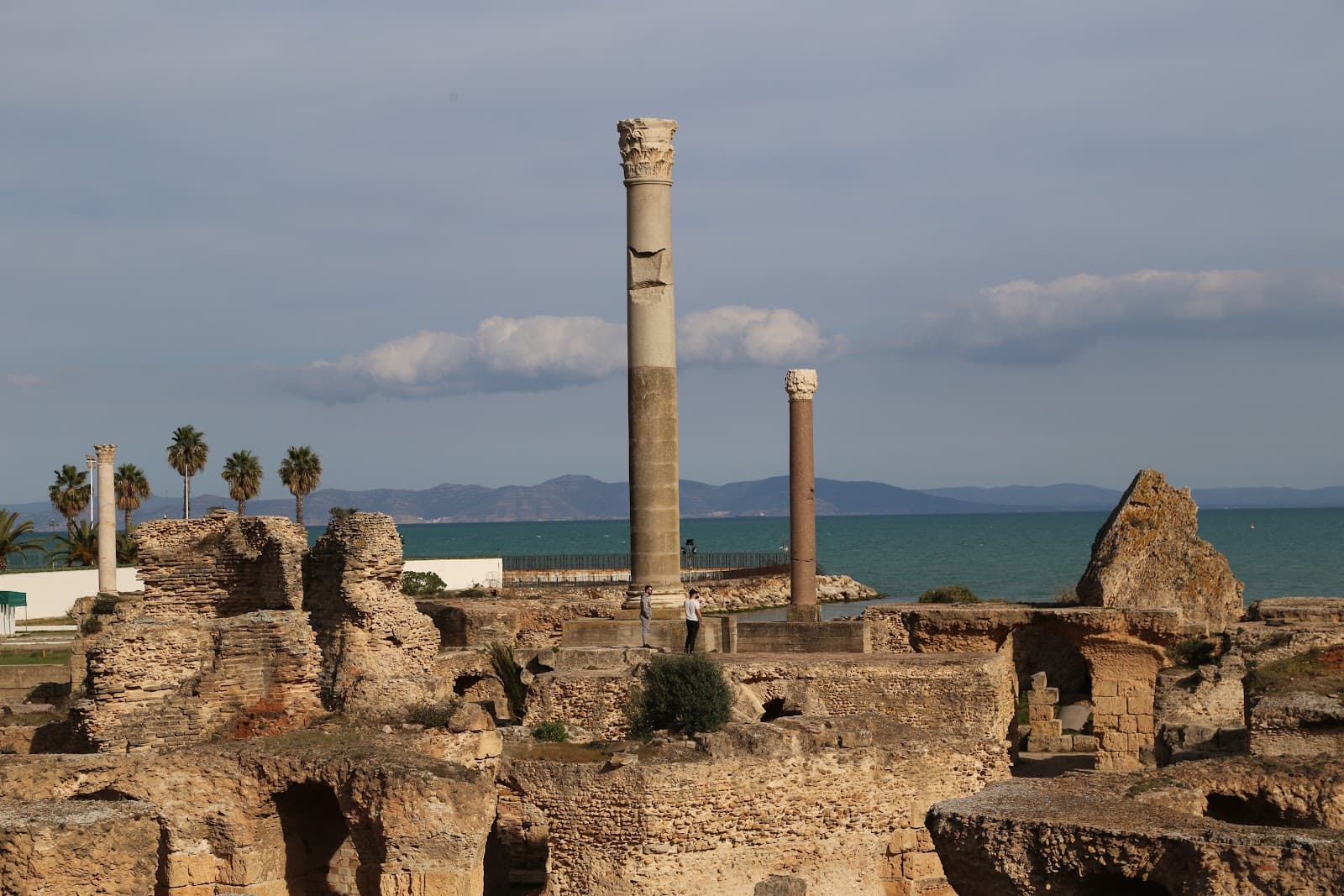
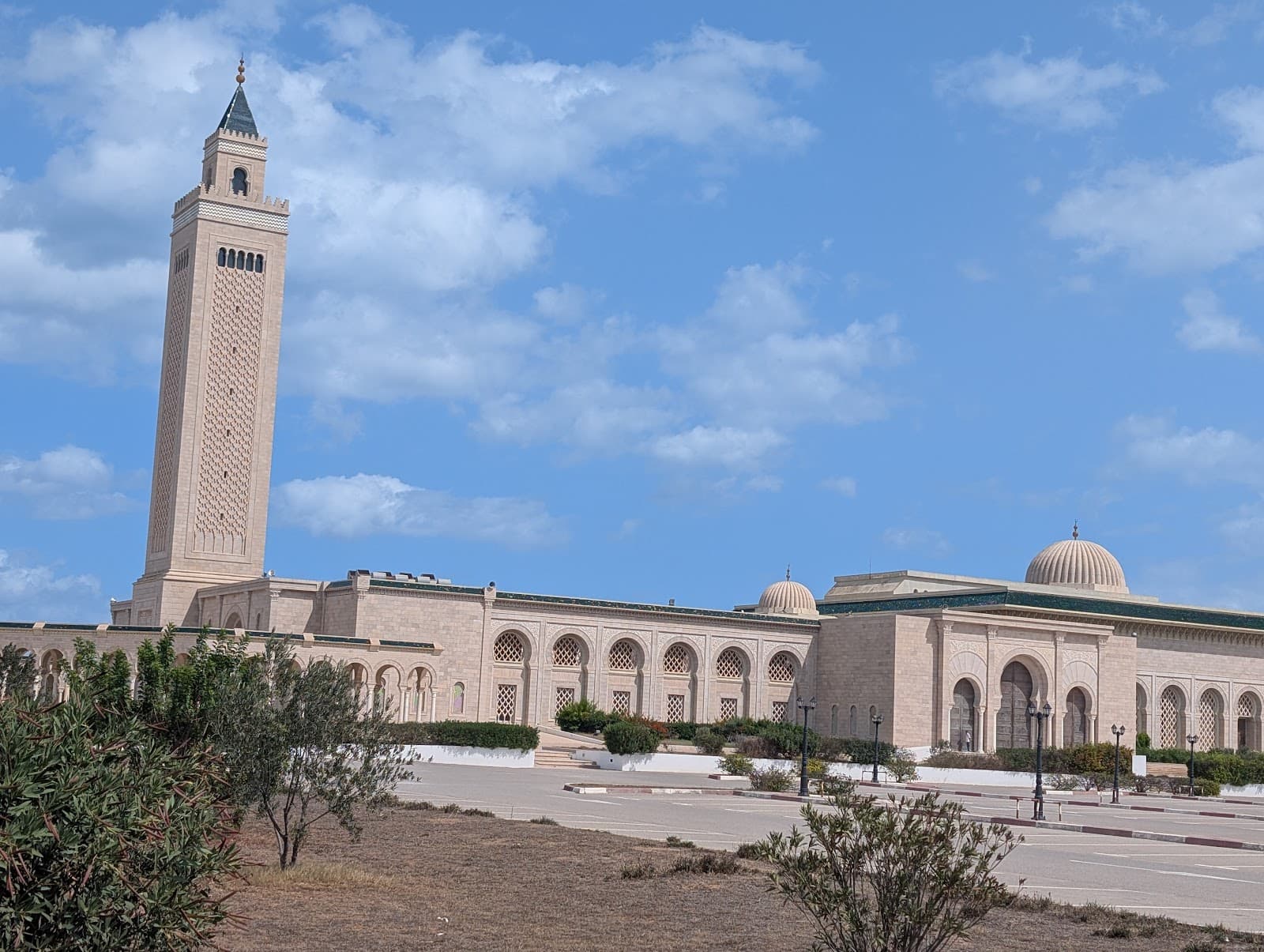
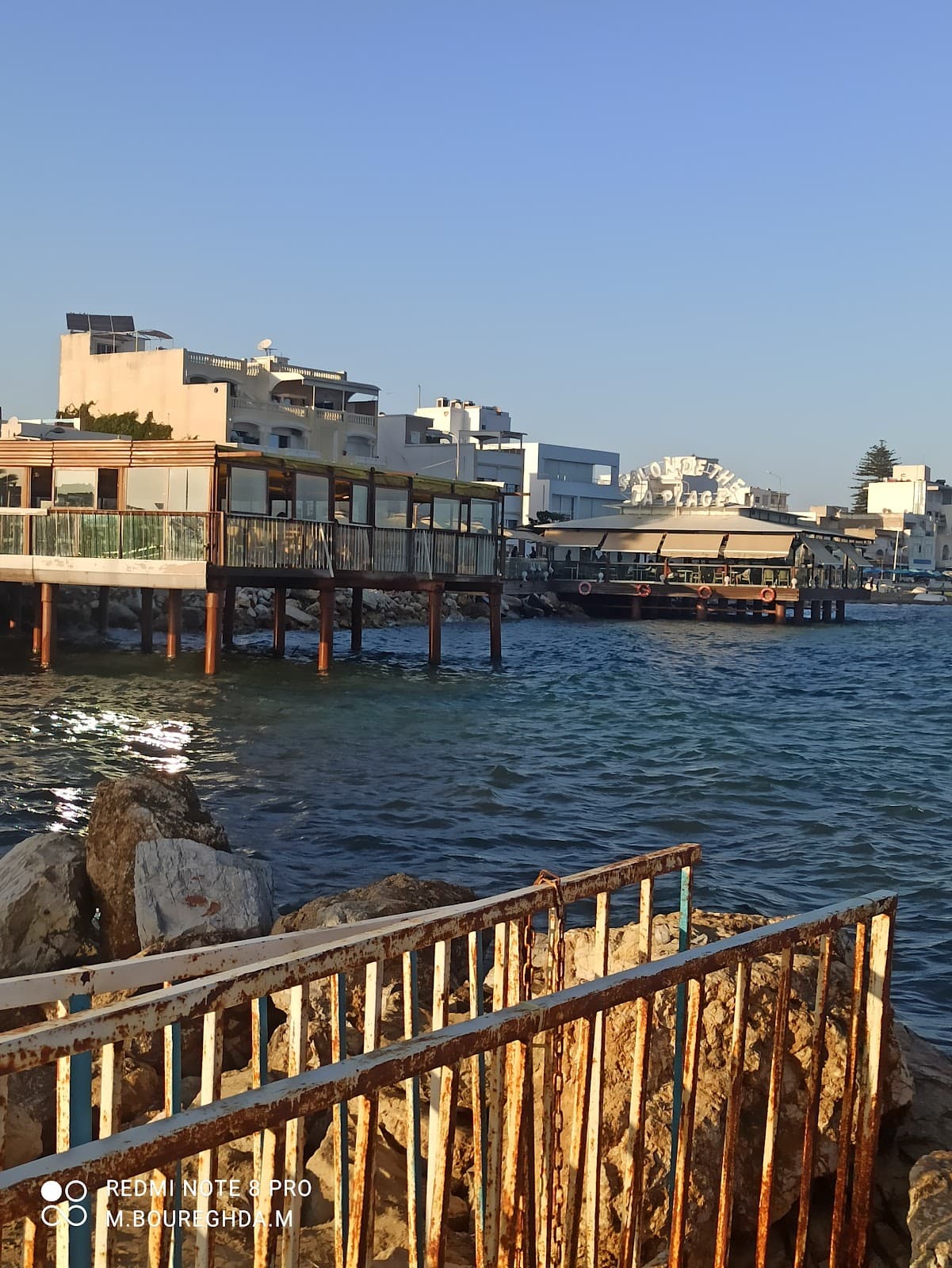
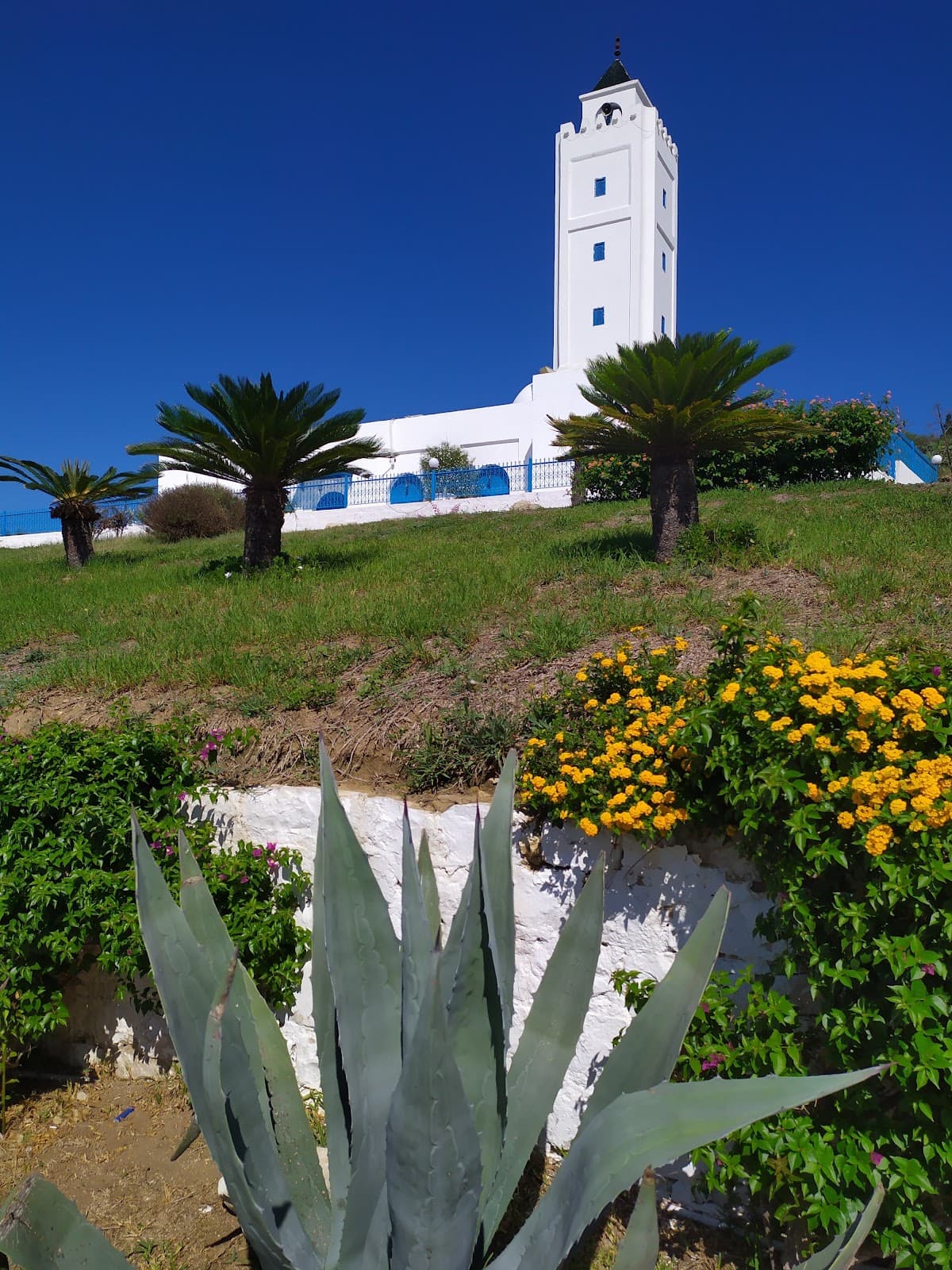
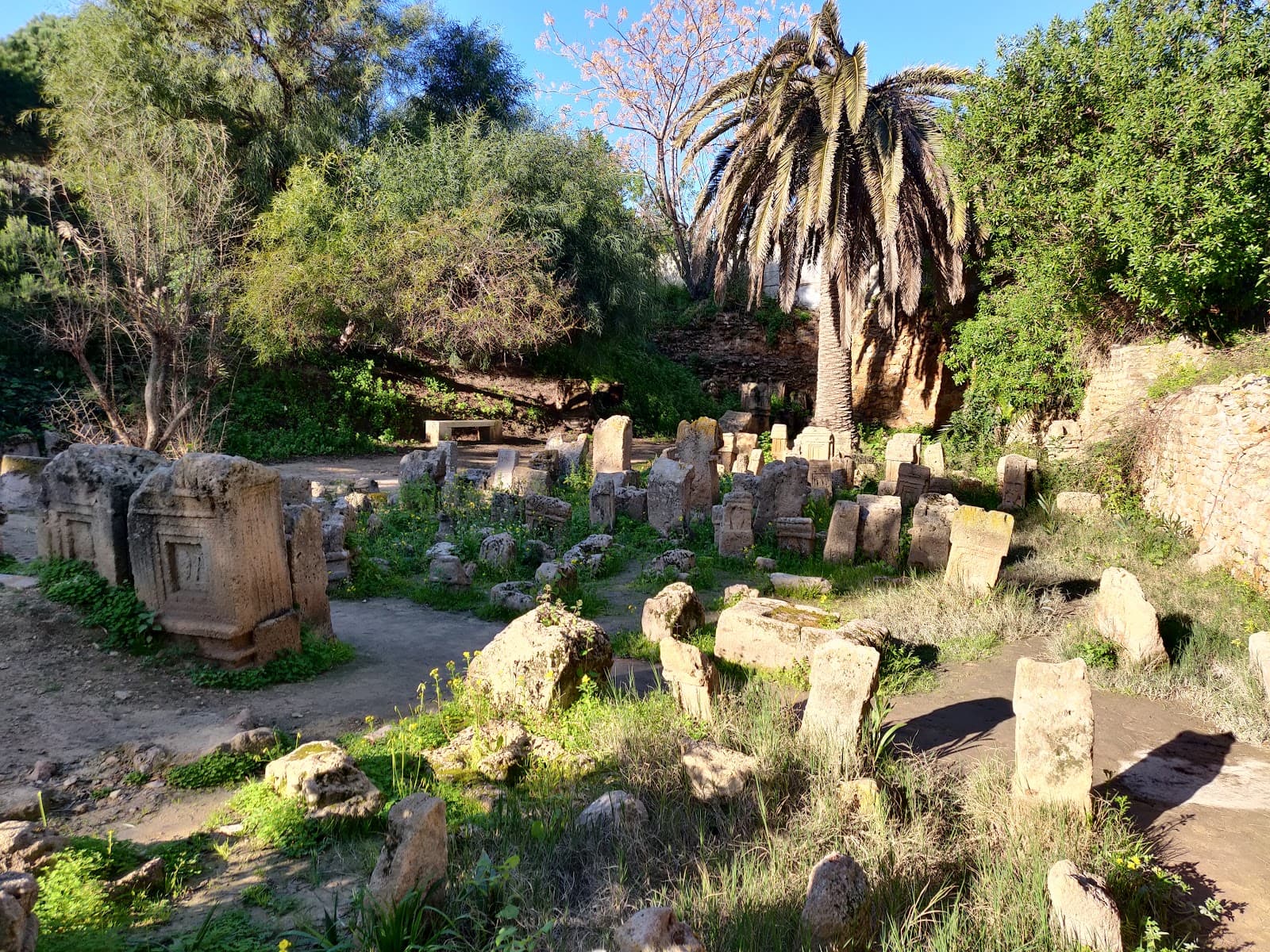
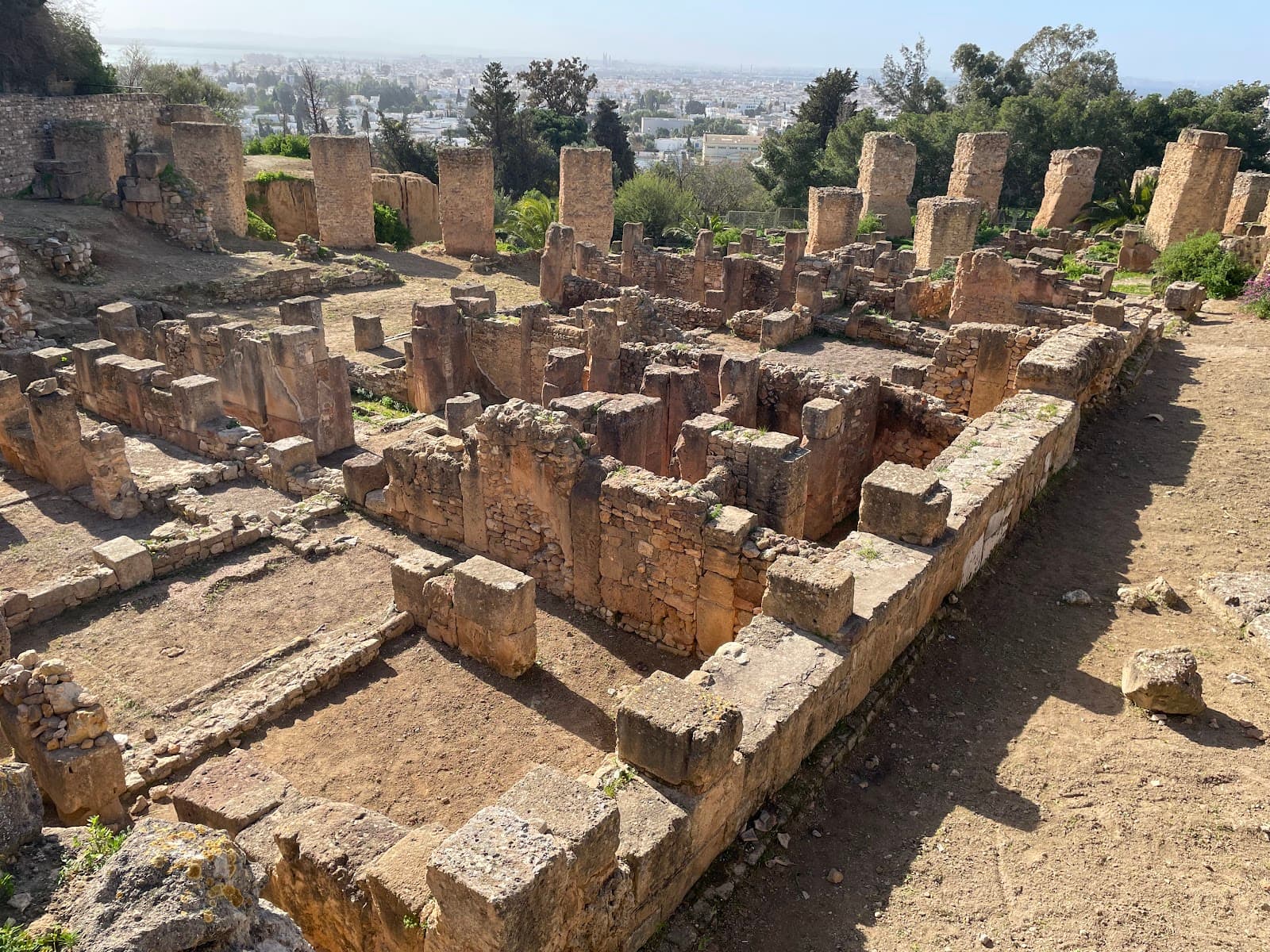
Social
from TikTok, Instagram & Reddit